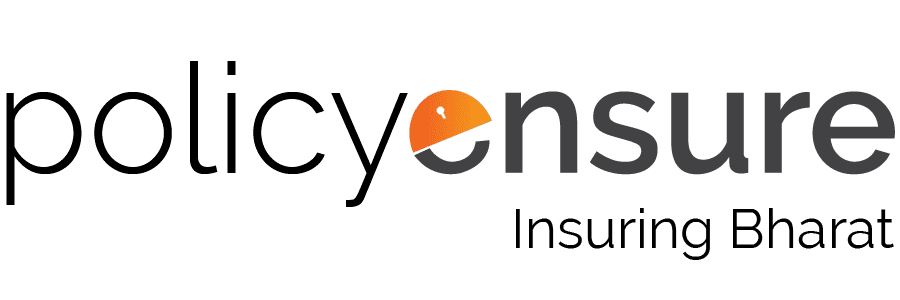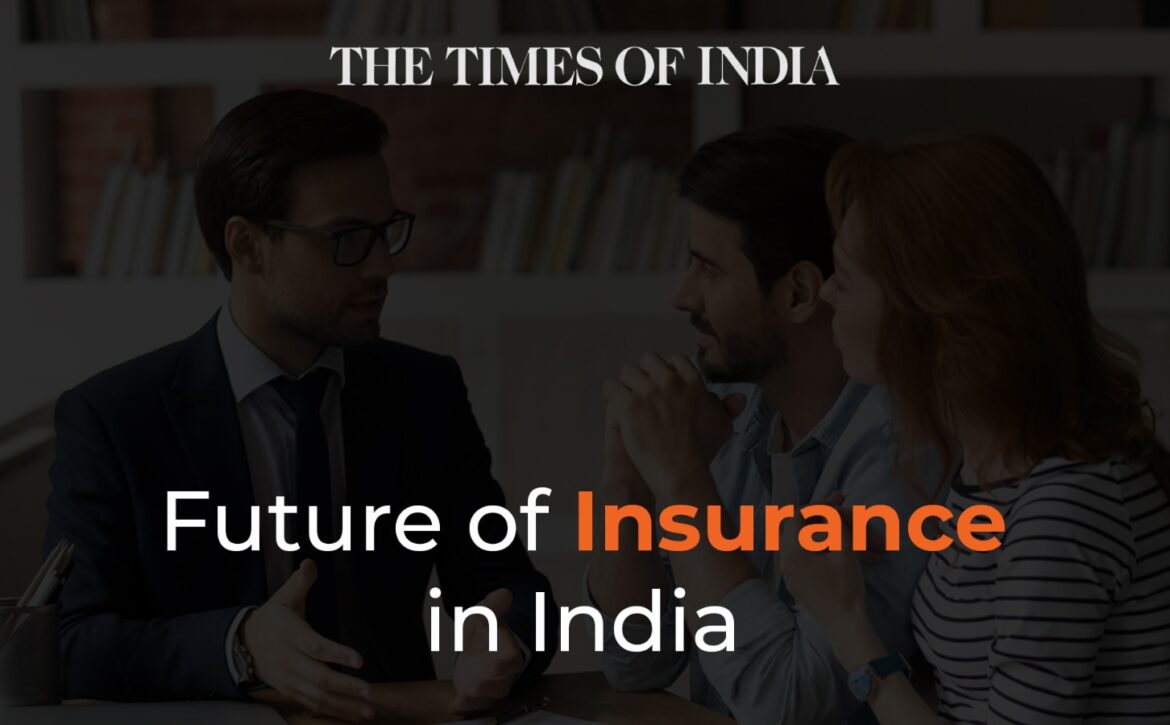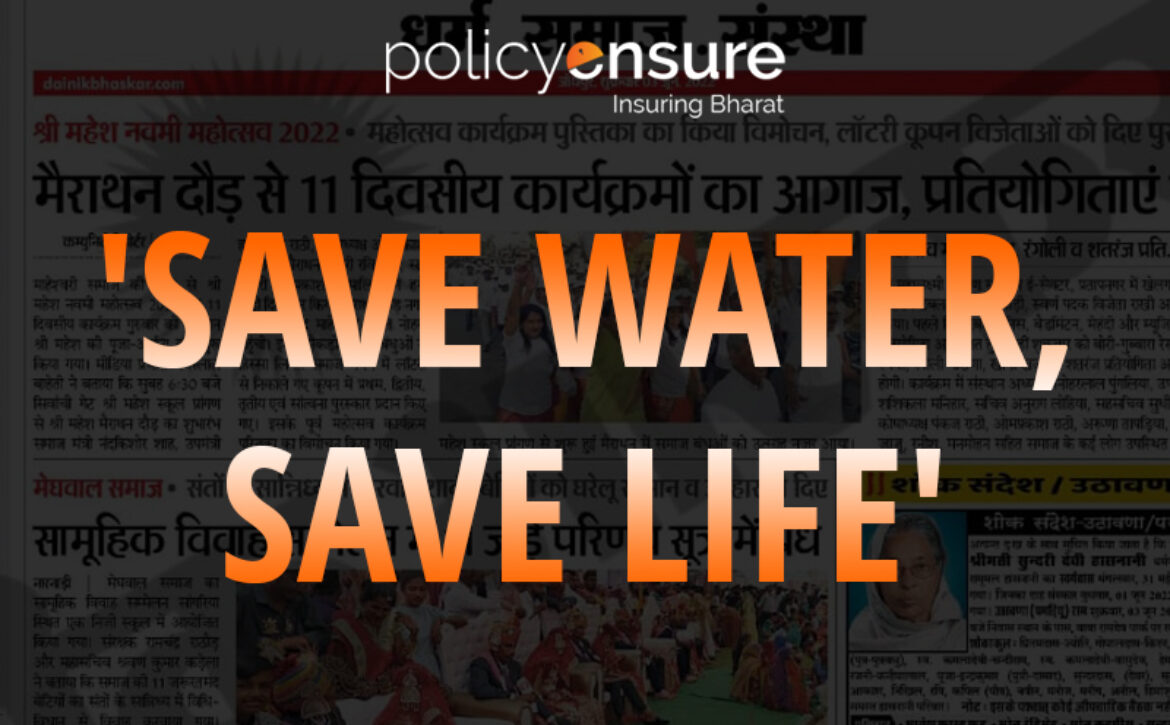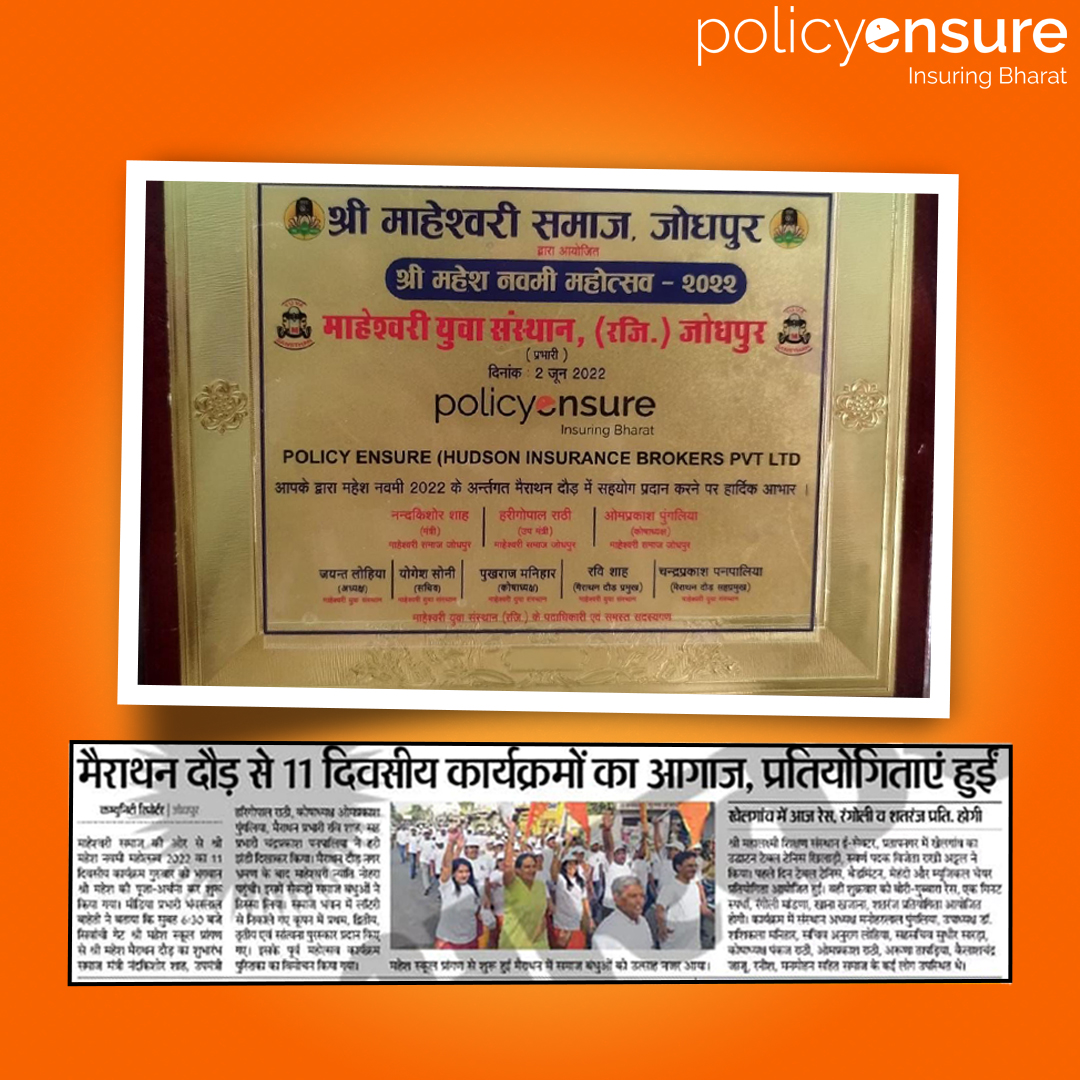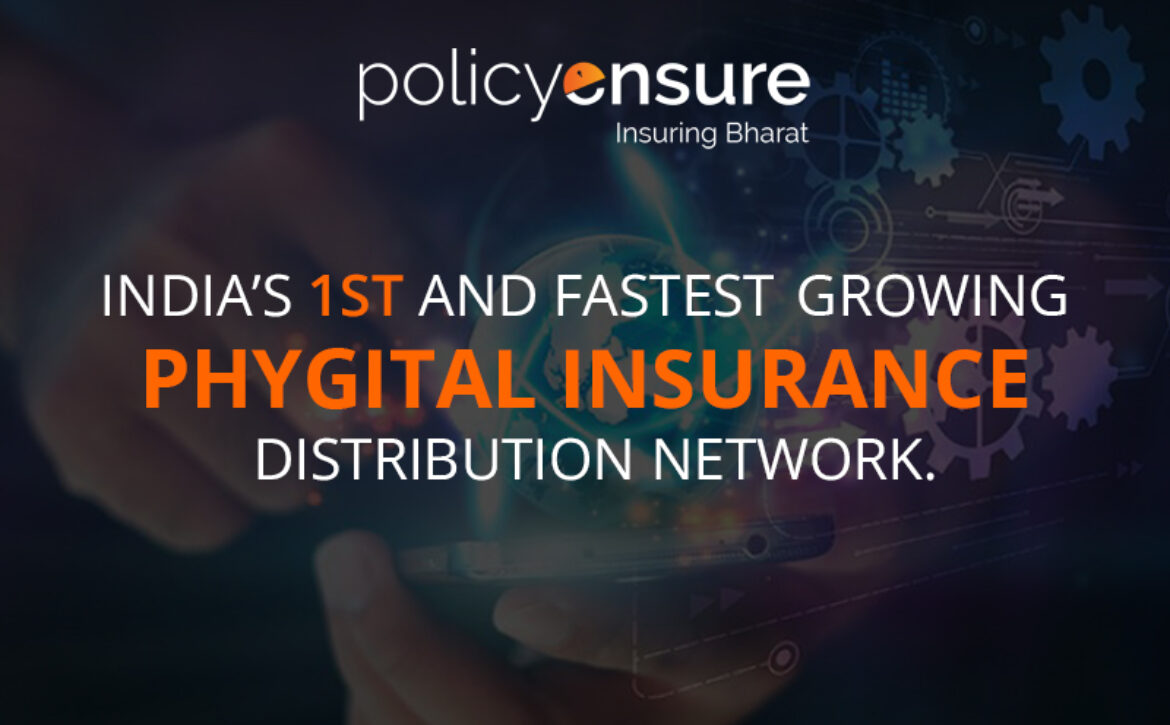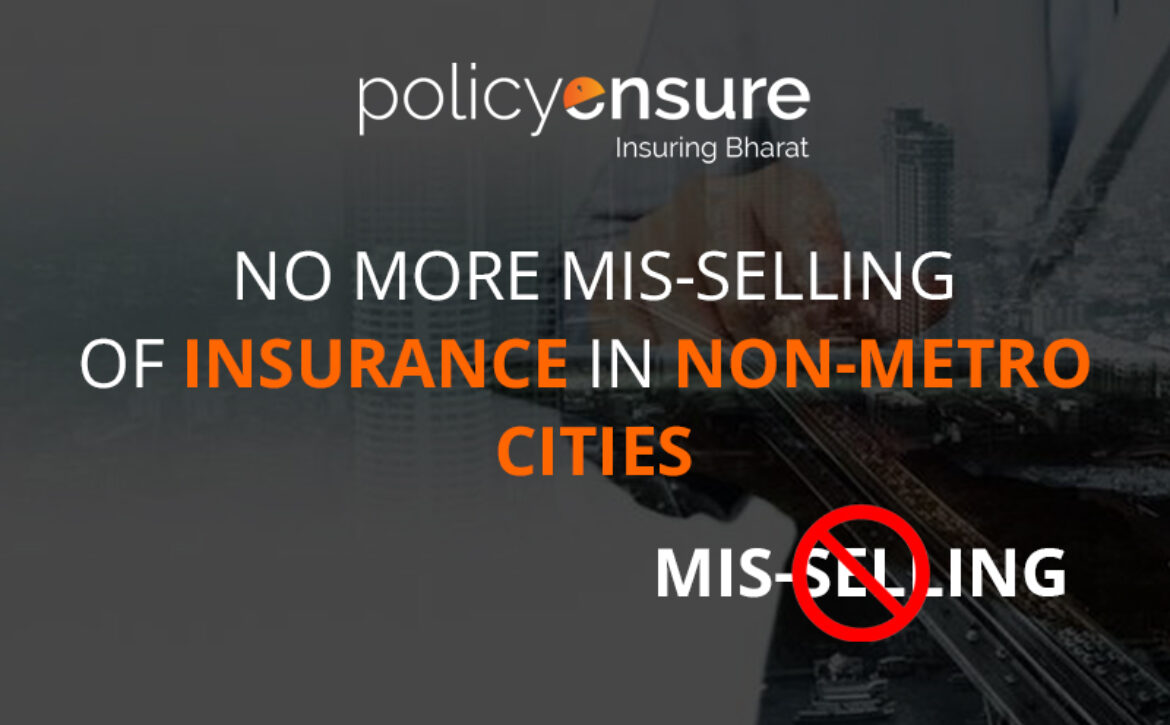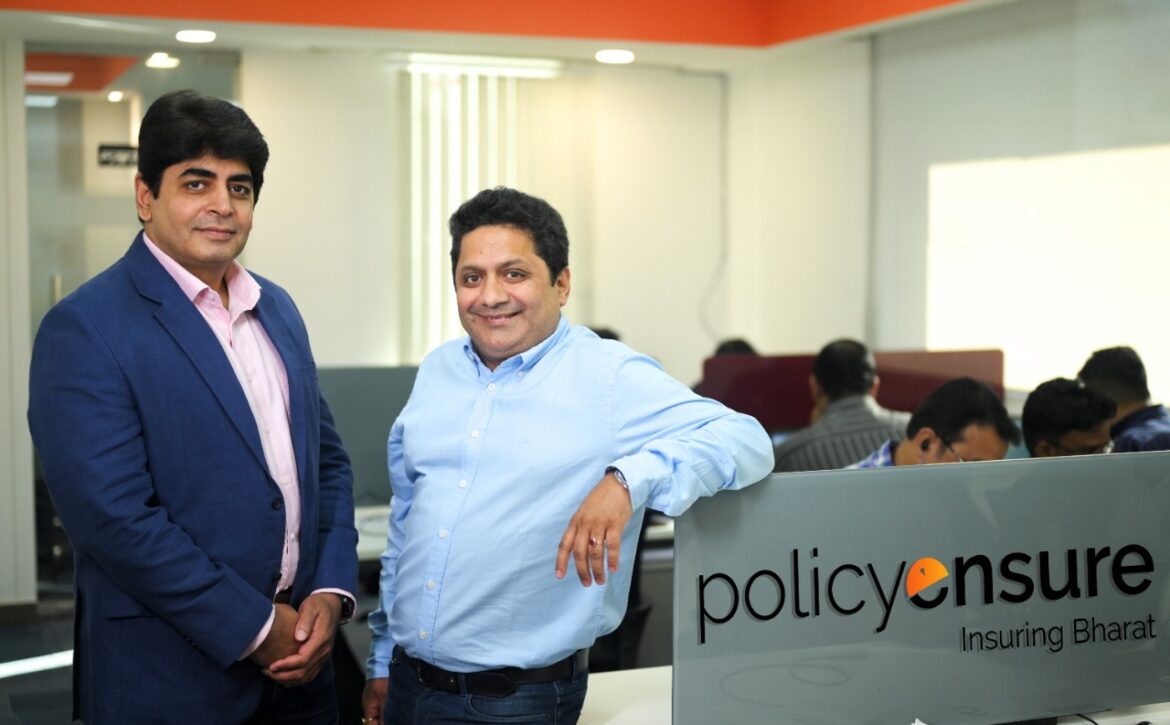What are the tax benefits of health insurance policies?
Health insurance is a form of insurance that covers medical expenditures incurred by an individual for long-term well-being. Ultimately, health insurance policies allow individuals and families to cover the high expenses of medical treatment. There are tax advantages to purchasing and having health insurance coverage. The premium amount paid for health insurance is tax deductible. Section 80D of the Income Tax Act allows you to claim tax benefits on your health insurance premiums. As a result, based on an interview with various industry experts, here’s how you can get tax breaks on your health insurance premiums.
Dr. Santosh Puri, Senior Vice President – Health Product & Process, Tata AIG General Insurance Co. Ltd.
One of the advantages of having a health insurance policy, apart from financial protection of the family, is also prudent tax planning. Premium paid towards a family’s health insurance policy is eligible for exemptions under Section 80D of Income Tax benefit though there is an upper ceiling to it. The premium for health insurance policy depends upon the sum insured, members, getting covered, and their age.
Typically, family floater policies offer coverage to entire family ~ self, spouse, dependent children, and dependent parents in a single policy. Tata AIG’s MediCare Premier family floater policy offers coverage up to INR 3 Crore sum insured and premium paid qualifies for income tax exemption under applicable provisions. One can avail tax deductions under Section 80D up to ₹1lakh for Self and Family if Eldest is above 60 years + Senior Citizen Parents
Also, customers looking for maximum tax advantage can also opt for a higher tenure policy like 2 years or 3 years, while tax deductions can be claimed for each year up to the defined limit. We are Tata AIG are offering long-term discounts on our various retail health product offerings like Tata AIG Medicare, Tata AIG Medicare Premier, and Tata AIG Medicare Plus”
Amar Ranu, Head – investment products & Advisory, Anand Rathi Shares & Stock Brokers
A health insurance policy is a product that protects you from the financial consequences of a wide range of health-related expenses, from minor illnesses and injuries to critical diseases.
As per Section 80D of the Income Tax Act, the premium paid for a health insurance policy is deductible from the taxable income. The upper limit for the deductible amount is Rs. 25,000 and can be extended to up to Rs. 50,000 for senior citizens (with effect from 1 April, 2018). This implies that the policyholder is now eligible to enjoy a deduction of up to Rs. 75,000 from the taxable income. In rare cases, when the age of both the proposer and his parents is more than 60 years, the deductible amount can extend up to Rs. 1,00,000 (Rs. 50,000+Rs. 50,000).
CA Arpit Jain, Joint MD, Arihant Capital
In many countries, including India, health insurance premiums are tax-deductible, which means that individuals can claim them as a deduction on their income tax returns. This tax benefit can help to reduce the overall cost of health insurance and make it more affordable for individuals and families.
In general, taxpayers must meet certain requirements to claim a tax deduction for health insurance premiums, such as
• The insurance must be purchased for the taxpayer, their spouse, or their dependents.
• The insurance must provide coverage for medical expenses, including doctor visits, hospitalization, and prescription drugs.
The tables below provide an overview of how much insurance premium towards your health policy qualifies for exemption under Section 80D of the Income Tax Act and the total cash benefit for individuals falling in different income brackets.
| TABLE A | Self, Family, Dependent Children | Dependent Parents | Total Tax Deduction u/s 80D |
| Individuals & Parents below age 60yrs | 25000 | 25000 | 50000 |
| Individuals & Family below age 60; but parents above 60yrs | 25000 | 50000 | 75000 |
| Individuals, Family & Parents above 60yrs | 50000 | 50000 | 100000 |
| Members of HUF | 25000 | 25000 | 25000 |
| TABLE B: Tax Benefit | Premium | % of Rebate | Tax Rebate |
| Slab Rs. 2.50 Lacs to Rs. 5.00 Lacs | 25000 | 5.20% | 1300 |
| Slab Rs. 5.00 Lacs to Rs. 10.00 Lacs | 25000 | 20.80% | 5200 |
| Slab above Rs. 10 Lacs | 25000 | 31.20% | 7800 |
For example, if you are only paying for insurance premiums for yourself and your spouse, the total deduction you can claim is ₹25,000. Now if you fall under the income slab of ₹10 lacs and above, you will save a total of ₹7,800 in taxes by claiming this deduction under Section 80D of ITA.
To claim this deduction, you will need to provide your premium payment receipt and your insurance policy copy which shows the name of the family members and their relation and age. It is important to note, to take the benefit of this deduction, the premium should be paid in any mode other than cash. Premium paid in cash will not be considered. However, the payment for Preventive Health check-ups can be done in cash.
Siddharth Singhal, Business Head – Health Insurance, Policybazaar.com
Buying a health insurance policy not just ensures a sound financial safety during medical exigency but also serves as an actual tax-saving tool. The insured person can save tax under Section 80D. Any policyholder is entitled to this tax rebate for health insurance premium paid either for self, partner, dependent children, and even for parents.
For self, partner, dependent children the maximum tax exemption is Rs. 25,000, while for parents (aged less than 60 years), an additional exemption of ₹25,000 is available. However, if the parents are aged 60 years or above, the deduction is ₹50,000 while, if both the taxpayer and parents are above 60 years, the tax exemption amount goes up to Rs.1 lakh.
Moreover, policyholders are entitled for claim deduction of Rs. 5,000 against preventative medical check-ups under Section 80D of the IT Act. This exemption is within the standard limit under Section 80D (Rs. 25,000 for self, partner and children, and ₹50,000 for senior citizen parents). Whether an individual is paying health premium for critical illness insurance or indemnity based insurance i.e. family floater plan or a senior citizen health plan or individual mediclaim policy, they are eligible to get tax rebate through Section 80D.
Sujit Bangar, Founder, Taxbuddy.com
We all are aware about health insurance benefit for tax deductions. Where we get confused are two things.
Firstly , deduction for health insurance is different from deduction under 80C bracket. This health insurance deduction is over and above 150k limit of 80C.
Secondly, we all do regular health check up. Especially, everybody amongst us has done RTPCR test once or twice. This expenditure can be claimed as deduction u/s 80 D upto ₹5,000/- . We should not mis out on this.
Pankaj Vashishtha, CEO & Co-Fouder, Policy Ensure
Health insurance policies in India offer individuals several tax benefits under Section 80D of the Income Tax Act. Taxpayers can claim a deduction on the premiums paid towards their health insurance policies for themselves, spouse, dependent children, and parents. The deduction amount varies based on the age of the insured and the type of policy. Individuals can claim a deduction of up to Rs. 25,000 for the premium paid for themselves, their spouse, and dependent children, and an additional deduction of up to Rs. 25,000 for the premium paid for their parents who are below 60 years of age. For individuals above the age of 60, the deduction limit is increased to Rs. 50,000.
Moreover, individuals can claim a deduction of up to Rs. 5,000 for preventive health check-ups for themselves, their spouse, and dependent children. In case of any claim made under the health insurance policy, the amount received by the insured or his/her nominee is tax-free. However, the total deduction under Section 80D cannot exceed Rs. 1,00,000 for individuals and Rs. 1,50,000 for senior citizens. To claim these deductions, individuals need to pay the premium through a mode other than cash. Barring the tax benefits of Health Insurance the primary need for Health insurance is for the purpose of security and safety of the individual’s family and his loved ones.
Shilpa Arora, Co-Founder and COO, Insurance Samadhan
Health is wealth, and so is a well-planned tax strategy. By investing in a health insurance policy, not only do you secure your future health but also enjoy significant tax benefits. Under Section 80D of the Income Tax Act, 1961, you can claim tax deductions for the premium paid towards your health insurance policy. For individuals below 60 years of age, the deduction limit is up to Rs. 25,000, while for senior citizens, it goes up to Rs. 50,000.
Additionally, if you purchase health insurance for your parents who are senior citizens, you can claim an additional deduction of Rs. 50,000. That’s not all, if you or your parents are super senior citizens (above 80 years), the deduction limit goes up to Rs. 1 lakh. So, investing in a health insurance policy not only offers financial protection during medical emergencies but also helps you save taxes. It’s a win-win situation for you and your loved ones.
Babita Rani, Tax consultant
Health insurance can prove to be a practical and profitable investment choice when you begin to plan your investments for the upcoming fiscal year and hunt for tax savings in the process. It is a win-win situation since it not only offers you financial security in the event of a medical emergency but also offers tax advantages.
Benefits of using a health insurance coverage to save on taxes
1. Maintain financial security and safeguard your money amid medical crises.
2. Because the amount you pay for premiums is taken from your taxable income, you should reduce your tax deductions from your wage.
Plans for health insurance offer two benefits for the price of one. They give you the much-needed financial security you require through a variety of coverage benefits as well as income tax advantages on the premiums you pay in accordance with the 1961 Income Tax Act (Section 80D). If you purchase the coverage for yourself, your parents, your dependent children, and your spouse, you are eligible for these tax benefits. Please read on to find out more about it in depth and detail. the 1961 Income Tax Act’s income tax exemption (Section 80D)
According to the 1961 Income Tax Act, the premium for a medical insurance coverage is subtracted from taxable income (Section 80D). The maximum deductible is ₹25,000, however for seniors it can be increased to ₹50,000. (from 1 April 2018).
Ajay Shah, Director & Head – Retail, Care Health Insurance.
A Comprehensive Health Insurance plan secures an individual’s health by giving access to quality healthcare. It also safeguards their wealth, by helping them save tax on premium paid of upto ₹75,000. As per Section 80D of the Income Tax Act, policyholders can claim a tax deduction on the premium paid towards health insurance policies for themselves, spouse, dependent children, and parents.
The maximum limit on premium for individuals below the age of 60 years is up to Rs. 25,000 per financial year, while if senior citizens purchase the Health Insurance, premium amount on which tax can be saved can go upto Rs. 50,000.
This benefit can also be claimed by an individual who buys a health insurance policy for his or her senior citizen parents. Besides, it is also important to note that the tax benefits are applicable only if the premium is paid through a non-cash mode and the policy is in name of the person claiming the deduction.
Vikas Mahajan, Director & Head-Finance & Compliance, GramCover
In India, health insurance policies offer various tax benefits to the policyholders. Under Section 80D of the Income Tax Act, individuals and Hindu Undivided Family (HUF) can claim a tax deduction for the premium paid towards their health insurance policies for themselves, their spouse, dependent children, and parents or any payment made on account of preventive health check-up of the parent or parents of the individuals.
The maximum tax deduction limit is INR 25,000 for individuals below 60 years of age and INR 50,000 for senior citizens aged 60 years and above. This tax benefit not only helps individuals save money but also encourages them to invest in health insurance, ensuring financial security during medical emergencies.
Kamal Narayan Omer, CEO, IHW Council
Out -of -Pocket-Expenses are a major concern when it comes to accessible and affordable healthcare to a vast majority of population in our country. The government has been doing phenomenal work when it comes to health insurance of the most vulnerable section of the population. Health Insurance can be a major game changer for large part of the population as apart from safeguarding the patient’s pocket from catastrophic medical expenses, it also helps in availing tax benefits on Section 80D of the Income Tax Act.
This makes health insurance policies a win-win situation and a wise investment for the good health and wellbeing of our families. However now that the healthcare discourse is moving from curative to preventive, the gamut of services covered under the insurance schemes should also shift from treatment to diagnosis including important and expensive tests. Also, the whole process needs to become more patient-centric sans the hassles of the paperwork and formalities involved, which are an added stress on the patient’s family.
